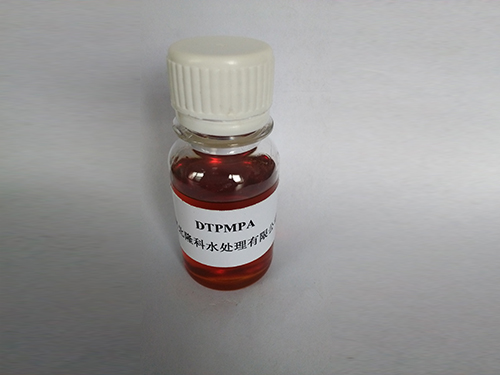Finding Reliable Suppliers for Polyacrylamide in Bulk Quantity for Various Applications
Understanding Polyacrylamide Importance of Choosing the Right Supplier
Polyacrylamide (PAM) is a versatile polymer that has found applications across a wide variety of industries, including wastewater treatment, agriculture, mining, and food processing. Given its significant role in enhancing the efficiency and effectiveness of various processes, sourcing polyacrylamide from a reliable supplier is crucial for businesses aiming to maintain quality and compliance with industry standards.
What is Polyacrylamide?
Polyacrylamide is a synthetic polymer made from acrylamide monomers. It is soluble in water and forms a gel-like consistency when polymerized. The polymer can be produced in several forms, including anionic, cationic, and nonionic, each serving different purposes based on the specific requirements of an application. For instance, anionic PAM is often used in wastewater treatment to aid in flocculation, while cationic PAM is utilized in paper production for enhancing the strength and quality of the final product.
Applications of Polyacrylamide
1. Wastewater Treatment PAM plays a vital role in the clarification and treatment of industrial and municipal wastewater. It helps in the separation of suspended solids from liquids, making the filtration process more efficient and effective. 2. Agriculture In agriculture, polyacrylamide is used to improve soil structure, enhance water retention, and reduce erosion. This application is particularly beneficial in arid regions where water conservation is critical for crop sustainability. 3. Mining In the mining industry, PAM assists in the extraction process by improving the efficiency of sedimentation and filtration, thereby increasing recovery rates of valuable minerals.
Choosing the Right Supplier
polyacrylamide supplier

When selecting a polyacrylamide supplier, several factors must be considered to ensure compatibility with your specific needs.
1. Quality Assurance The supplier should adhere to industry standards and regulations. It’s essential to source products that have been tested and certified to ensure they meet quality benchmarks.
2. Customization Options Different applications require different types of polyacrylamide. A good supplier should offer customization options, allowing you to select the appropriate formulation for your specific application.
3. Technical Support Suppliers that provide strong technical support can help you understand how to effectively use PAM in your processes, troubleshoot any issues, and optimize results.
4. Sustainability Practices As industries move towards greener solutions, consider suppliers who demonstrate commitment to sustainability. This might include using eco-friendly production practices or offering biodegradable alternatives.
5. Reputation and Experience A supplier's reputation in the market can often provide insight into their reliability. Look for suppliers with a proven track record in the industry and positive customer testimonials.
Conclusion
Polyacrylamide is an essential polymer for various industrial applications. The choice of supplier can significantly impact the quality of the final product and overall operational efficiency. Businesses must prioritize suppliers that offer high-quality products, customization, technical support, and a commitment to sustainability. By doing so, organizations can navigate their industrial challenges more effectively and ensure a competitive edge in their respective markets. As demand for polyacrylamide continues to grow, selecting the right supplier will be pivotal in harnessing its full potential.
-
Pbtc Scale InhibitorPBTC: A Scale Protector for Industrial Water TreatmentNewsAug.05,2025
-
Organic Phosphonate: An Efficient Defender in the Field of Scale InhibitionNewsAug.05,2025
-
Hydrolyzed Polymaleic Anhydride: Green Pioneer in Scale Inhibition FieldNewsAug.05,2025
-
PAPEMP Polyamino Polyether Methylene Phosphonic Acid For SaleNewsAug.05,2025
-
Flocculant Water Treatment: A Pioneer in Purification in the Field of Water TreatmentNewsAug.05,2025
-
Benzyl Isothiazolinone: An Efficient and Broad-Spectrum Antibacterial Protective GuardNewsAug.05,2025





